A Childhood of Spices Discovering Indian Snack Culture
12 min read An exploration of childhood experiences and flavors that shaped the vibrant Indian snack culture and culinary heritage. September 09, 2025 15:05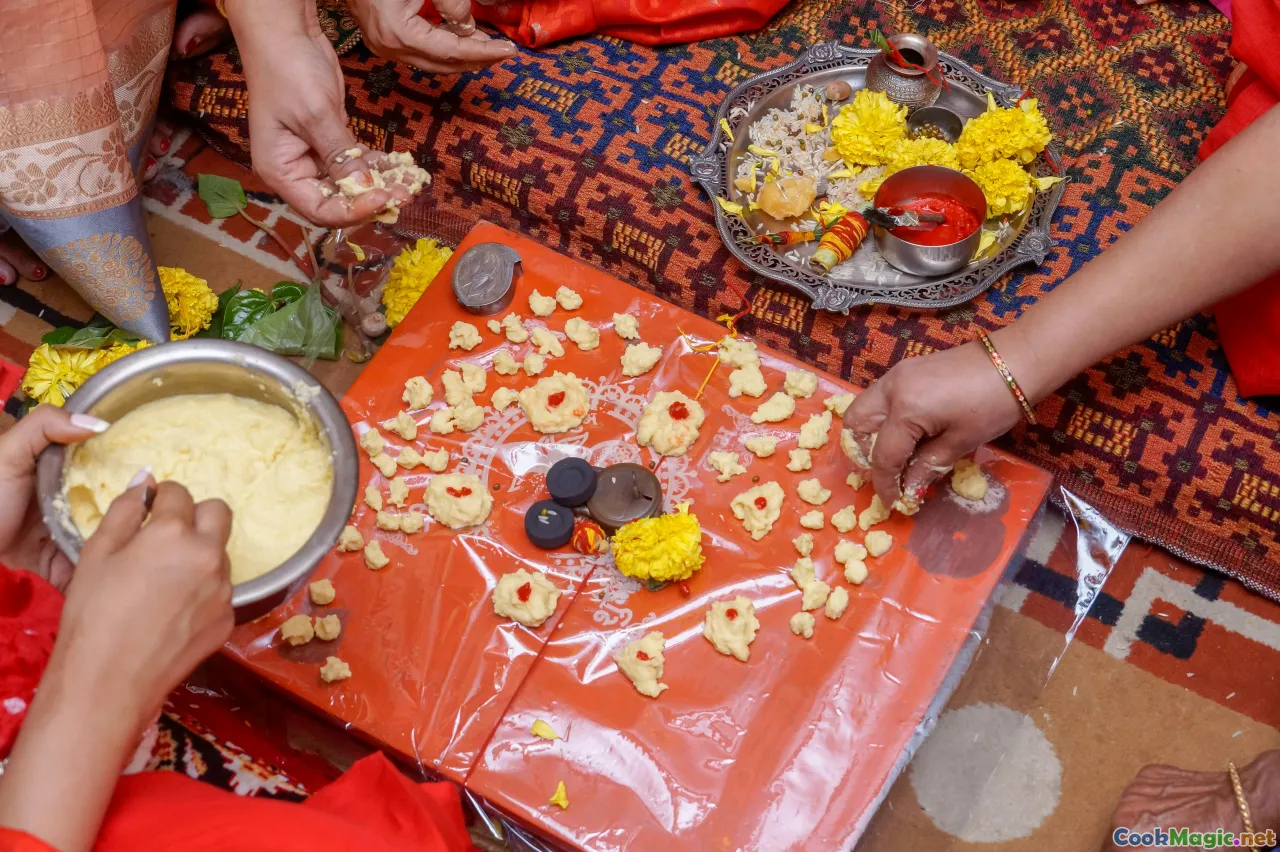
A Childhood of Spices: Discovering Indian Snack Culture
The first time I remember the explosion of flavors in my mouth, I was no more than six years old, sitting cross-legged on the cool marble floor of my grandmother’s kitchen in a bustling Indian town. The air was thick with the aroma of roasting spices—crisp cumin, fiery red chili, warm cinnamon, and§ a hint of jaggery that sweetened the air with promise. Each encounter with Indian snacks since then has been a sensory journey—a mélange of textures, tastes, and stories woven into every bite. Growing up amidst the vibrant chaos of street vendors, home kitchens, and family gatherings, I developed an innate bond with snacks that transcended mere hunger, reaching into history, tradition, and emotional memory.
The Streets as My First Classroom
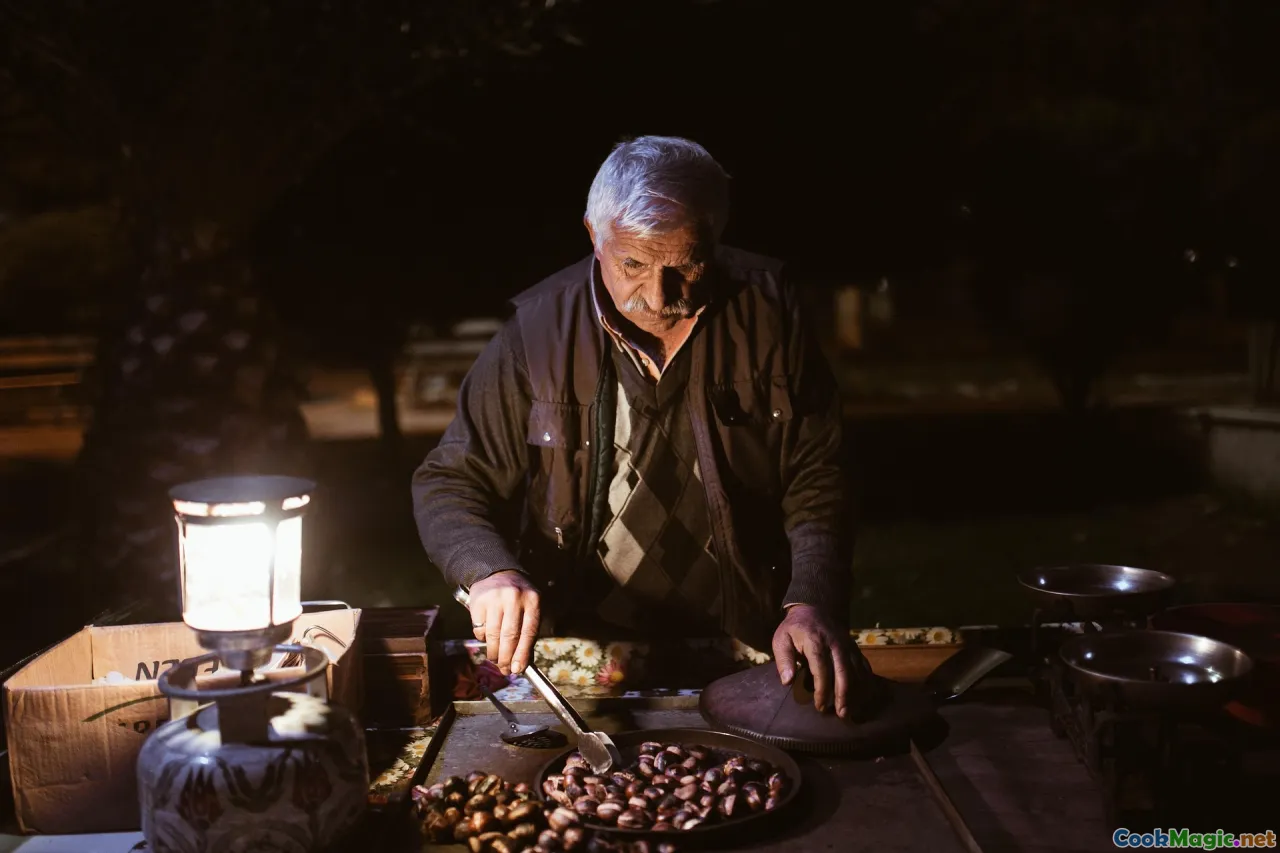
Indian snack culture isn’t confined to kitchens; it’s alive in the streets. As a child, everyday excursions to crowded markets and roadside stalls became my culinary education. The sizzle of oil on a tawa, the rhythmic chop of a vendor’s knife, the air heavy with the scent of spices roasting on open flames—all these stories unfolded daily. I remember the small, battered cart that always seemed to have a secret: a basket of piping-hot, crispy samosas wrapped in butter paper, their flaky layers spilling with a mix of spiced mashed potatoes and green peas. The vendor’s quick, practiced hand transforming a thin disc of wheat flour into a golden, crispy snack—this was childhood magic.
Each vendor had their own signature—perhaps a pinch of amchur (dry mango powder) that added a tangy kick, or a sprinkle of chaat masala that completed the sensory puzzle. I would eagerly press my nose against the counter, inhaling the intoxicating aroma, feeling excitement build as I was handed my first crispy, flaky samosa—warm, bursting with flavor, a perfect balance of heat, salt, and sourness.
Nostalgic Favorites: From Chaat to Chakli
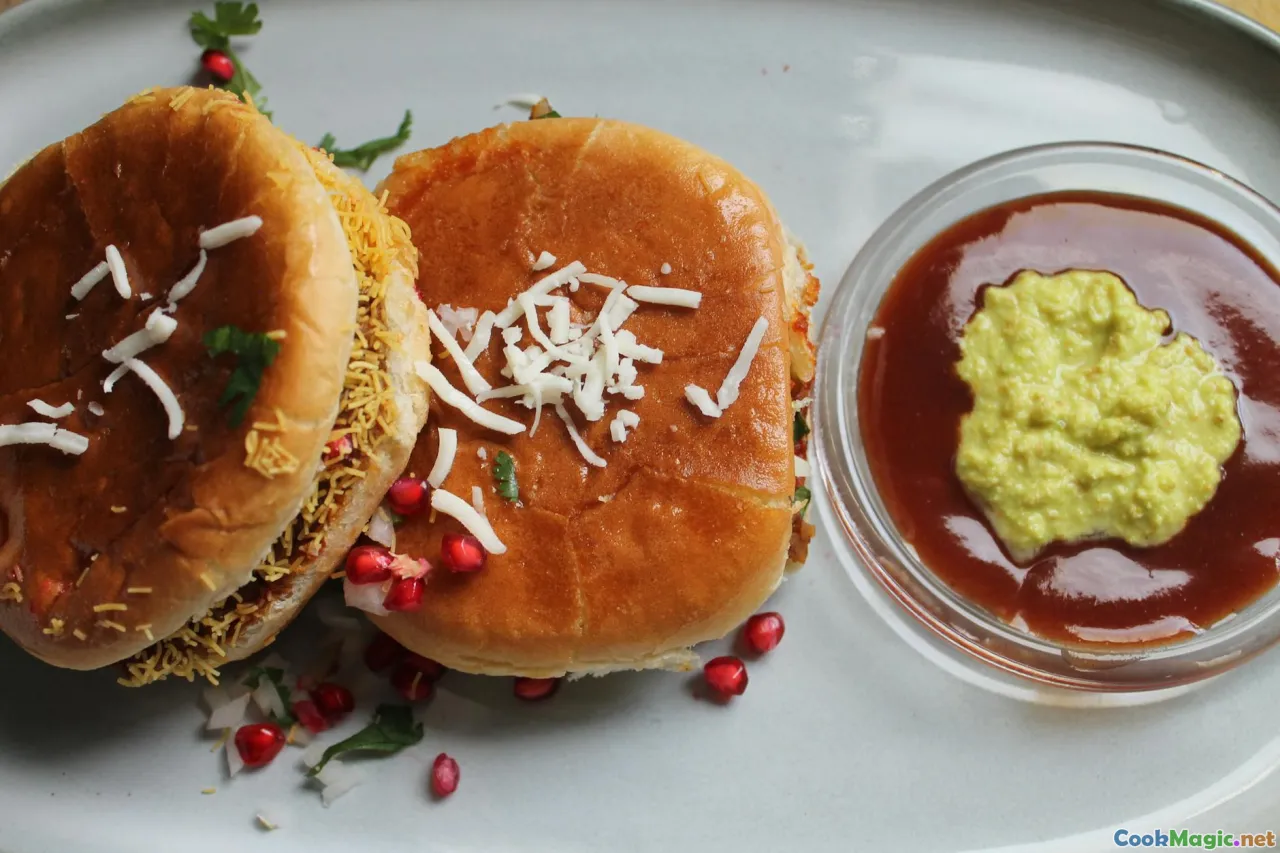
Growing up, every neighborhood had its own beloved snack. There was the tangy, zesty chaat—bhelpuri with its riot of crunchy puffed rice, boiled potatoes, and a drizzle of tamarind chutney, topped with sev and fresh coriander leaves. The combination of hot, sour, sweet, and spicy was an instant party in my mouth, the textures chewing a delightful contrast.
And then there were the savory, intricate chaklis—crunchy spiral snacks made from rice flour, seasoned with sesame seeds and red chili powder, fried to a glasworthy golden. This snack was my Sunday ritual, sitting beside my mother in her kitchen, rolling out dough and shaping chaklis with that familiar press-mould while she patiently explained the spices’ stories—the fiery kick of chili, the nutty aroma of sesame, the warmth of turmeric.
Each snack wasn't just food; it was a story of family, tradition, and community. Sharing these with friends at school, or sneaking a few bites before dinner, created emotional anchors—reminders of joyous, carefree days.
How Spice Defines the Snack Experience

Spices in Indian snacks aren’t mere ingredients—they are storytellers. The masterful blending of spice powders relays centuries-old recipes, regional influences, and family secrets. When I taste the fiery heat of a crispy chili bajji, I remember my grandfather’s mischievous grin as he tossed red chilies into hot oil. The complex layering of flavors—cumin’s earthy warmth, coriander’s citrus note, ajwain’s distinctive aroma—bring the street stalls alive in my memory.
Regionally, spices define textures and flavors—Kerala’s banana chips are flavored with turmeric and mustard seeds, while Gujarat’s fafda employs sesame and chaat masala for a spicy crunch. Each region’s unique spice palette forms a vibrant patchwork that paints Indian snack culture.
The Art of Making Snacks at Home

Creating Indian snacks at home combines technique, patience, and a love for tradition. I learned the art from my mother, who would meticulously measure masalas, knead dough with a dash of love, and fry snacks until they achieved that perfect crispy exterior. For instance, her recipe for homemade masala puris involved finely grinding cumin, coriander, and dry mango powder, then incorporating them into wheat flour. The process was as important as the result.
One of my favorite childhood memories is sitting on a rolling mat, flattening dough for makki crisp, a crispy leaf-shaped snack, which she seasoned generously with nigella seeds. Watching the oil bubble and pop as I fried batch after batch, I felt connected to generations past.
Tips for aspiring home cooks: Use fresh spices, maintain oil at the right temperature to ensure even frying, and don’t rush—the best snacks demand patience.
From Tradition to Innovation: Modern Takes on Age-Old Snacks
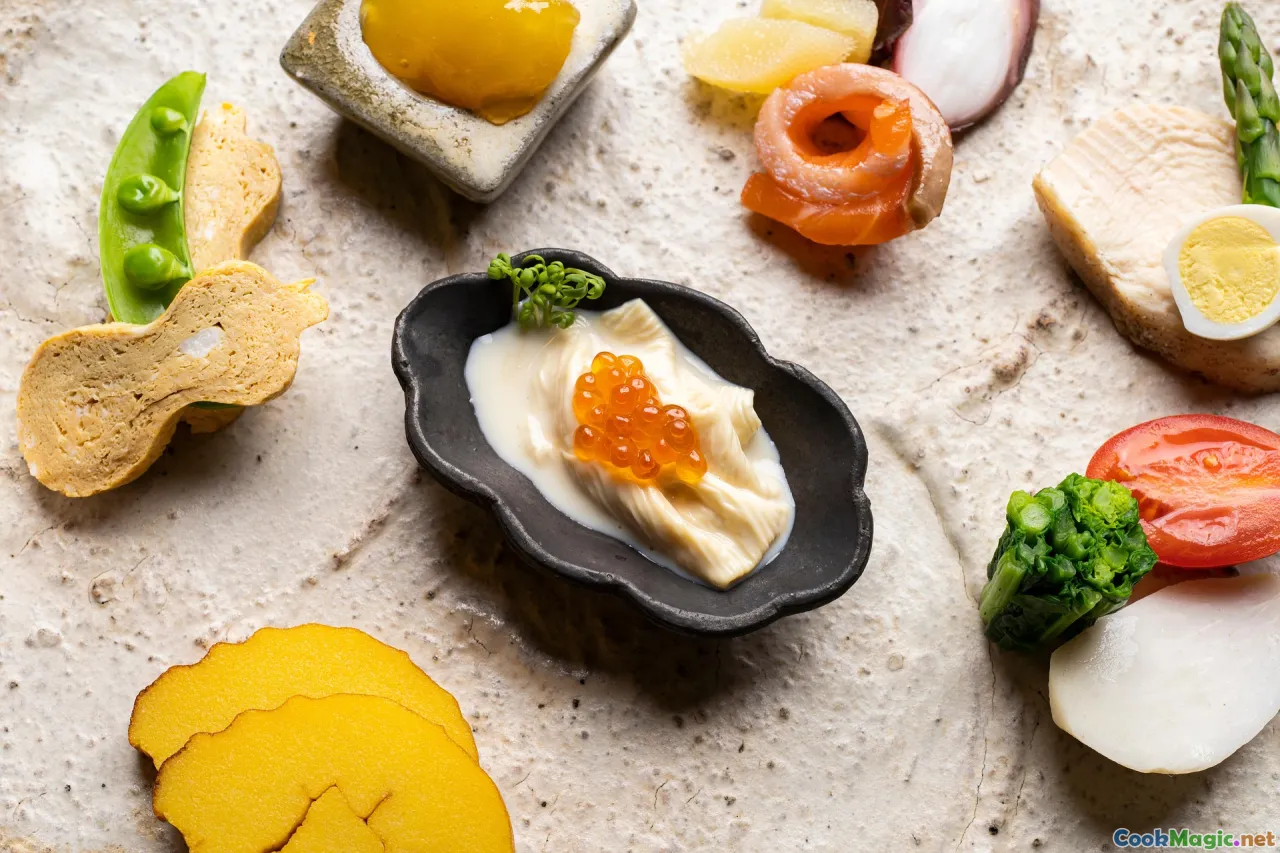
While honoring tradition remains central, Indian snack culture has embraced innovation. Street food chefs experiment with fusion—adding cheese to khakhra or using quinoa instead of wheat in some traditional recipes. My favorite recent discovery was a chikoo-raspberry chikki—a sweet, chewy snack infused with fruit flavors, creating a fresh, modern twist.
Restaurant chefs now refine achaar-flavored hummus served with spiced papad, transforming familiar snacks into gourmet bites. This blending of old and new broadens our traditional palate, inviting younger generations to appreciate and reinterpret heritage snacks.
The Emotional Tapestry of Indian Snacks
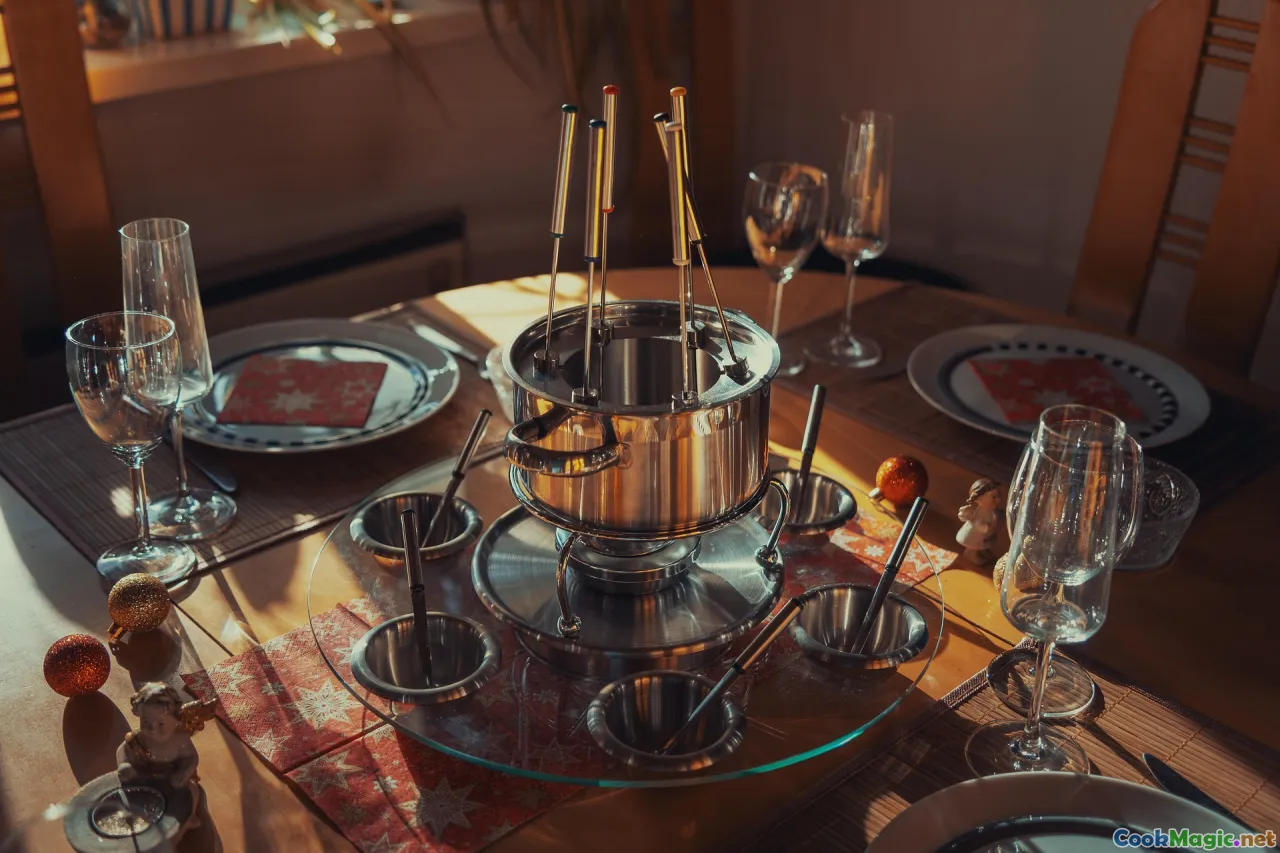
To me, Indian snacks are more than just food—they’re a vessel for bonding, celebration, and nostalgia. During festivals like Diwali, stack of ladoos and platters of savory snacks like bhujia and mathri line our homes, each piece holding a promise of joy. Sharing snacks with loved ones—passing a bowl of spicy bhel or fritters—builds a narrative of togetherness.
In my childhood, a simple evening chai snack would unlock stories from elders, tales woven with the spices that flavor the food. Snack moments became memories—the smell of roasted peanuts at a wedding, the tangy burst of pani puri on summer nights—these are my emotional touchstones.
The Joy of Curiosity and Discovery

Discovering Indian snack culture is a lifelong adventure, one that starts with curiosity. I encourage readers to explore local markets, talk to vendors, and taste with an open mind. Every snack has a story—sometimes whispered through its aroma, sometimes shouted in its bright colors.
My own journey involved unwrapping the papery layers of a kachori and savoring the explosion of spiced lentils inside, or trying a homemade pani puri, adjusting the tamarind-spiced water until it was just right. Each experience deepens your understanding and appreciation of Indian culinary craftsmanship.
Closing: A Journey on Flavors and Stories
Indian snack culture, so deeply rooted in history and personal stories, is a reflection of the vibrancy and resilience of its people. It’s a tapestry woven from humble street vendors, home kitchens, regional traditions, and innovative minds daring to push boundaries.
My childhood snacks—crispy, spicy, sweet or tangy—remain etched in my memory not just as food, but as chapters in my story, flavors that connect me to a land of diverse, enchanting tastes. Whether you’re new to Indian cuisine or revisiting old favorites, I invite you to explore, taste, and craft your own nostalgic journeys through the vibrant world of Indian snacks.
Because, ultimately, every bite tells a story—and every story begins with a spice.









